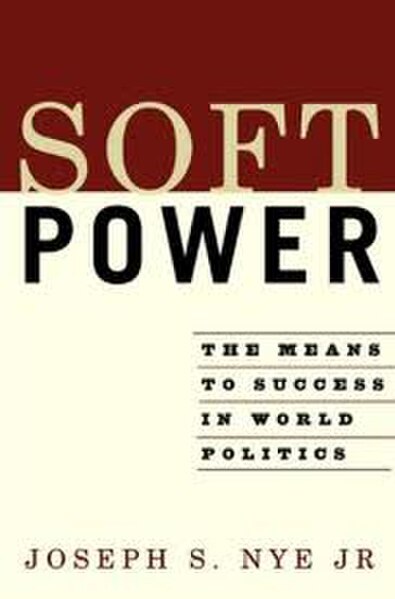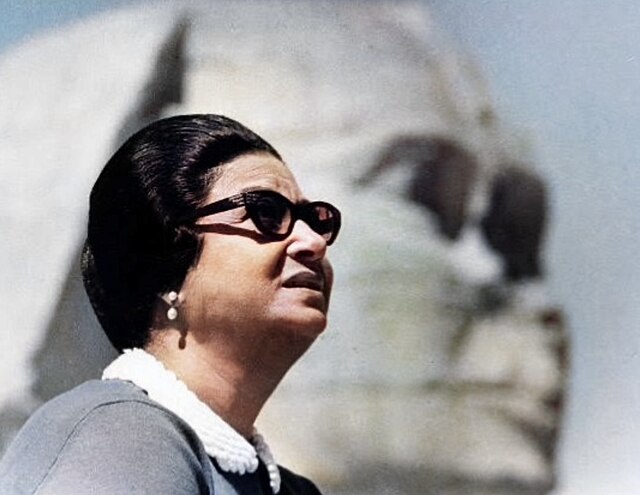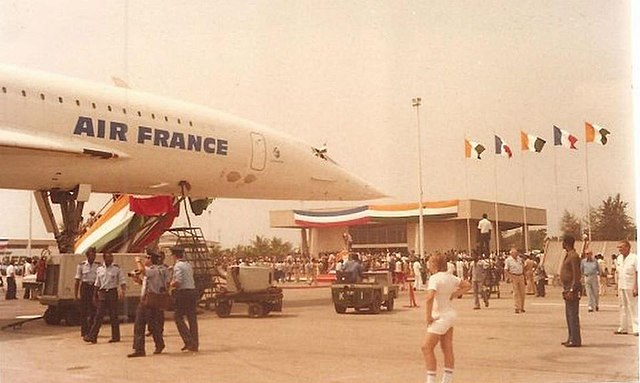A great power is a sovereign state that is recognized as having the ability and expertise to exert its influence on a global scale. Great powers characteristically possess military and economic strength, as well as diplomatic and soft power influence, which may cause middle or small powers to consider the great powers' opinions before taking actions of their own. International relations theorists have posited that great power status can be characterized into power capabilities, spatial aspects, and status dimensions.
Great powers are recognized in several international structures, including the United Nations Security Council.
In the mid-19th century, German historian Leopold von Ranke attempted to scientifically document the great powers.
The "Big Four" at the Paris Peace Conference of 1919: David Lloyd George, Vittorio Emanuele Orlando, Georges Clemenceau, and Woodrow Wilson
The "Big Three" of Europe at the Yalta Conference: Winston Churchill, Franklin D. Roosevelt, and Joseph Stalin
In politics, soft power is the ability to co-opt rather than coerce. It involves shaping the preferences of others through appeal and attraction. Soft power is non-coercive, using culture, political values, and foreign policies to enact change. In 2012, Joseph Nye of Harvard University explained that with soft power, "the best propaganda is not propaganda", further explaining that during the Information Age, "credibility is the scarcest resource".
Joseph Nye's 2004 book describing the concept of "soft power"
Umm Kulthum, example of Egypt's soft power in the 20th century Arab World
The supersonic jet Concorde arrives in Ivory Coast, a former French colony, in 1978. Concorde was often used as a symbol of French prestige and a vessel of soft power.







